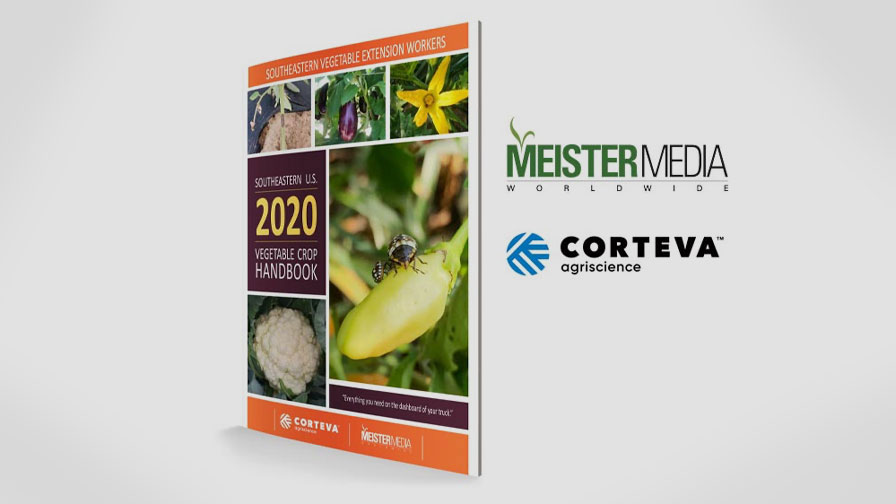Discussing Food With The Public
I bet you don’t know what the term “usufruct” means. I sure didn’t, until I read Michael Pollan’s book The Omnivore’s Dilemma; A Natural History of Four Meals. That 2006 award-winner examined a range of provocative issues concerning what Americans eat and where that food comes from. Through book reviews, personal interviews, and public appearances, Pollan has created a mini-industry built around his view of food and agriculture. It’s well presented at his website, www.michaelpollan.com.
How often do we in agriculture complain that American consumers have no idea where their food comes from? Or they are spoiled by a national cheap food policy? Or that they don’t consume enough fruits, nuts, and vegetables? And here is a book by a well-known Berkeley-based journalist who reminds the public their food ultimately does come from the farm, from real people, and does not magically appear on the supermarket shelf.
Of even more importance to readers of this publication, Pollan passionately extols the virtue of eating more specialty crop products. If folks followed his advice in his most recent book, In Defense of Food: An Eater’s Manifesto, per capita consumption of fruits, nuts, and vegetables would create the kind of demand our producers and trade associations can only dream about. And we did not have to pay anything for the publicity!
However, it is not all good news. Pollan writes with admiration about the hard work and dedication of ag producers, but seems to unequivocally endorse only the small-scale producer and the local/slow food movement. In addition, he vigorously excoriates many sectors of crop and livestock production.
Corn growers and operators of confined animal feeding operations are particular targets. Soft drinks, high-fructose corn syrup, breakfast cereal, potato chips, and commercial meat products (whether beef, chicken, or pork) are either toxic or the guiltiest of pleasures. McDonald’s alone requires national health care legislation.
“Industrialized agriculture” to Pollan is a giant health-robbing automaton whose only intent is to maximize profits for the mendacious food processing industry.
Understandably, many in agriculture take issue with Pollan. His appearance at the University of Wisconsin in September drew a large number of protesters, many associated with the dairy industry. A scheduled lecture at Cal Poly San Luis Obispo has drawn loud opposition from some in the California beef industry. Cal Poly’s reaction to change the lecture into a panel format has drawn some equally loud opposition in the print and Web media.
In Washington some greeted the announcement by Washington State University (WSU) that The Omnivore’s Dilemma would be its Common Reading Theme this term in similar fashion. However, many of us in the state also felt there was a perfect opportunity to do what we often only pay lip service to — examine in a public and spirited way the connection between food and agriculture. What do we really eat and where does it come from? What is sustainable? What is organic? What is local? What is a family farm?
What Is “Usufruct?”
It was my pleasure recently to participate in a course built around the book and led by Dr. Kim Kidwell, an associate dean in the ag college. Along with Jim Doornink, a fruit grower from Yakima, and Dr. Amit Dhingra, a WSU professor in genomics, I spent two hours with around 40 young students discussing the impact science could have on the sustainability and profitability of specialty crop industries in the state.
This introductory class is exposing the next generation to the most basic of issues around food and agriculture, providing some insights on what research and Extension can do, and providing an open, structured forum to critically discuss the book, its themes, its conclusions, and its implications for our country. What could be wrong with that?
Wait. I almost forgot. What is “usufruct?” Pollan regularly tosses in interesting words and fascinating things you should know. Like how the Bing cherry got its name (comes from the name of a Chinese farmhand, Ah Bing, who worked in the orchard where the Bing was found in 1875). Or where apples were domesticated (Kazakhstan).
Turns out that “usufruct” is a term from Roman law. It describes property that is consumable or expendable, such as agricultural products or slaves (this was Rome, remember), which would be of no advantage to the property owner if he or she could not consume them, expend them, or change their substance.
In his book, Pollan described his personal exercise of usufructary privilege in his preparation of a Perfect Meal, which involved his walking the streets of Berkeley searching for a fruit tree that might provide a dessert for his perfect meal. He spies a cherry tree laden with fruit and declared it his legal right to harvest, cook, and serve the fruit. The resulting cherry galette sounded delicious and crowned a meal featuring similarly foraged foods and Pollan’s accomplished cooking.
Ask any Washington cherry grower about 2009 — when the crop was really of no value to its producer. Pollan could have made the world’s biggest cherry galette for free.
I look forward to meeting Michael Pollan when he visits the WSU campus in January and thanking him for his provocative work. I will also ask him to help our specialty crop industry avoid another usufruct year and continue encouraging consumers to eat lots more of our safe, affordable, and healthful products.










